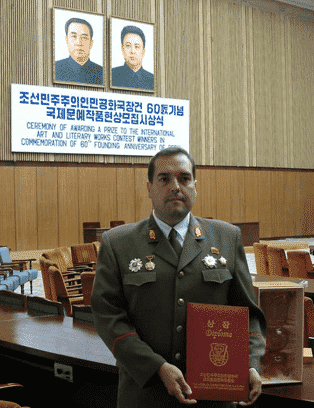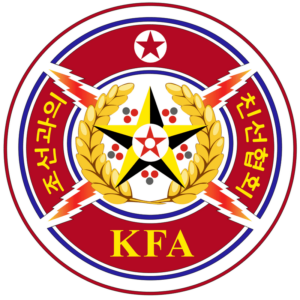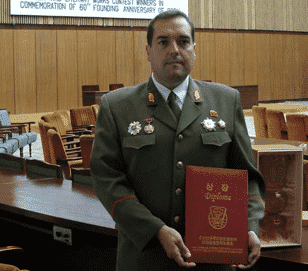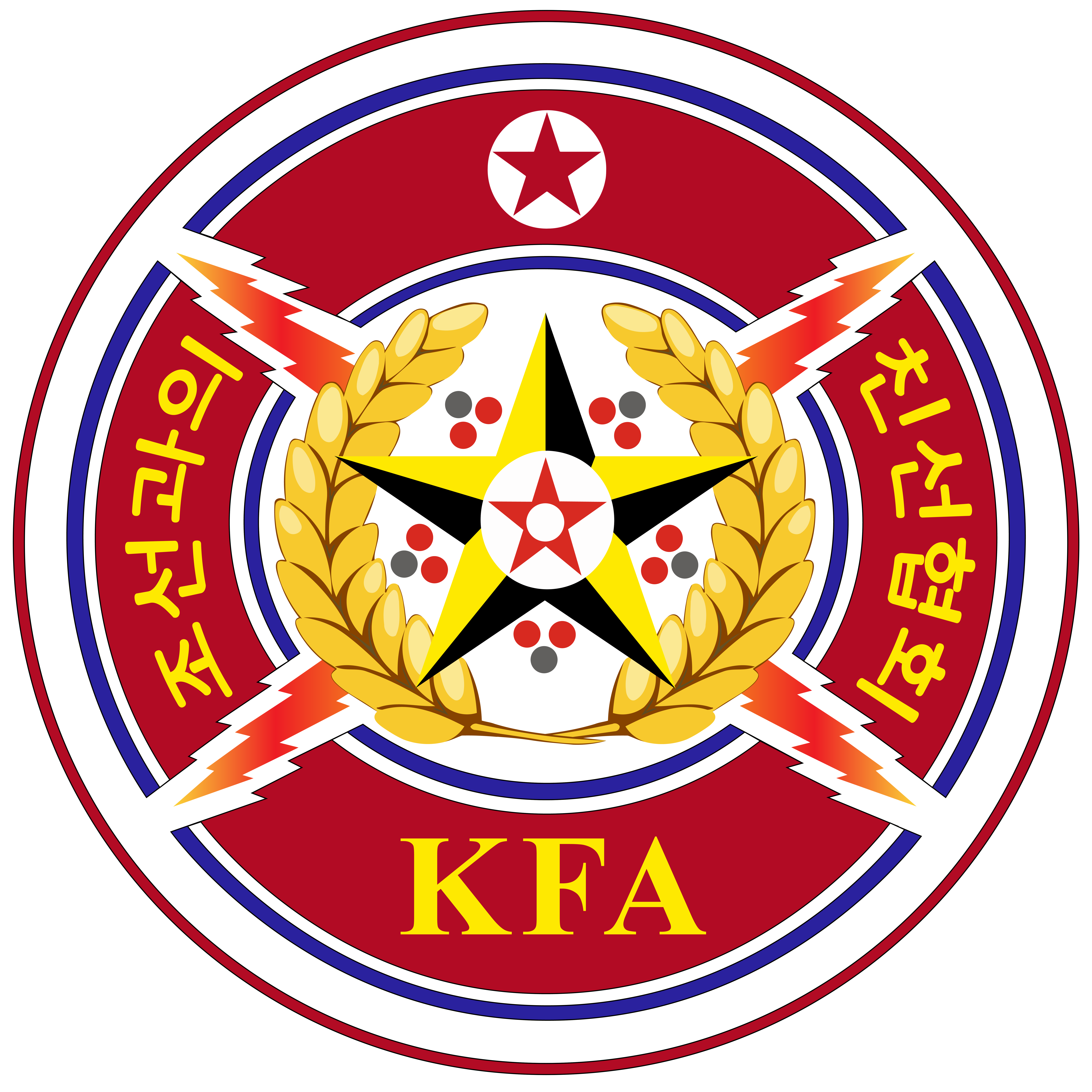News
In DPRK, friendship is won by trust and trust is won by time

Kourosh Ziabari – North Korea, also known as DPRK, is a mostly unknown and mysterious country. There are several preconceptions and myths about it which can be hardly debunked since it is under immense international pressure over its nuclear weapons program and its alleged violation of human rights and most of the people, at least in the Western world, have come to believe that North Korea is not a safe place for living or traveling to. Every year, only a handful of foreign tourists, journalists and media correspondents are allowed to enter the country. Sweden, for some time, was the only Western country in which DPRK maintained a diplomatic presence.
The Western countries regularly lash out at North Korea over what they claim to be its violation of human rights, restrictions on the mass media and political activists and other limitations which it has put on the civil liberties.
However, despite all the allegations which are leveled against North Korea, there’s one other side of the story which is rarely discussed in the mainstream media, and that’s why many people in the world don’t know much about this country. In order to explore that other side, we have done an interview with Alejandro Cao de Benós.
Alejandro Cao de Benós, a Spanish diplomat who is one of the few foreign nationals working with the North Korean government is the Special Delegate of the DPRK’s Committee for Cultural Relations with Foreign Countries and president of the Korean Friendship Association (KFA). Since 1990, he has been advocating for North Korea and his Korean name, Cho Son-il, has been recognized by the Pyongyang government.
Alejandro says that since he was a teenager, his dream was to cooperate with the North Korean government which at the outset seemed unusual and unimaginable for a Western citizen. He received a North Korean passport after establishing the Korean Friendship Association in the year 2000 and since then has been designated a legal representative of the North Korea Foreign Ministry.
Alejandro Cao de Benós took part in an exclusive interview with me and responded to different questions about the North Korean culture, common misconceptions about the country, the portrayal of North Korea in the Western media, human rights and press freedom in the country and its relations with the foreign countries. My Spanish friend Moises Herrezuelo helped me with doing this interview.
Q: It’s reported that North Korea possesses six nuclear weapons, and is technologically capable of boosting the stockpile to 48 weapons by 2015. In 2003, it withdrew from the Nuclear Non-Proliferation Treaty and conducted two nuclear tests in 2006 and 2009. Why is the country pursuing the nuclear weapons program so persistently while it has been under harsh international sanctions and political pressures?
A: North Korea has more than 6 nuclear weapons and is capable of enriching both uranium and plutonium that can be found in national deposits. So the full process is self-reliant. The development of the defense industry and nuclear power for military use is essential as deterrence against a U.S. invasion. We call this “Songun” or Army-first policy.
As we can witness, the empire organized by the White House feels free to invade, exploit resources and destroy the culture and history of any nations in its path: Iraq, Afghanistan, Libya and now Syria.
Only a powerful army with weapons capable of striking the American soil can act as a deterrence to preserve the peace, future and sovereignty for Korea.
We have been under sanctions and pressure for more than 60 years, so the country already learnt how to live by itself diverting the blockades.
In 1994, when President Jimmy Carter visited Pyongyang by appointment of the then President William Clinton, he met our Great Leader Kim Il Sung. Mr. Carter, expecting some begging words asked, “Don’t you want that we remove our blockade and sanctions against you?” and President Kim Il Sung replied, “Do as you wish, we do not care. We have lived always under sanctions and know how to continue with or without them.”
This comes to our mystical phrase when dealing with the USA, “We want the peace but will never beg for it.” And they know well that any negotiation should be made at the same level of respect, not from an arrogant standpoint. Basically, nobody will bring the DPRK to its knees. Sanctions and pressure will only face more rejection from our side.
Q: Some political commentators claim that DPRK has isolated itself in the international community by insisting on continuing its nuclear weapons program and does not have many allies in the world. You are the Special Delegate of the DPRK’s Committee for Cultural Relations with Foreign Countries and are closely aware of the country’s foreign relations. Is this claim true? Is North Korea as isolated and friendless as the Western media say?
A: DPRK is isolated because USA has forced all its servant countries to pressure it by all means: politically, commercially, by propaganda. The Korean people want friendship and peace with all countries but never as slaves.
It seems basic, but is something that arrogant people do not understand: respect. Respect to our country, system and government, elected and supported by the people.
DPRK does not depend on other nations. China itself signed a technological blockade and denounced the launching of our satellite Kwangmyongsong 3-1, acceding to further sanctions by the UN Security Council. But in other aspects like trading, there is much development and interest on behalf of China and other countries. So we could say that although DPRK has only one clear position, there are other countries that have many faces; one for each occasion, depending on their interest.
So, in trade or friends around the world we can say that DPRK is not isolated at all. The Korean Friendship Association (KFA) is slowly breaking the U.S. information monopoly and members around the world amount to more than 12,000. But in terms of defense, we know we should depend only on ourselves.
Q: What do you think are the main reasons behind the negative portrayal of North Korea in the Western media? We constantly hear or read that North Korea is an autocratic regime, suppresses individual freedoms, imprisons political dissidents, etc. What’s your viewpoint in this regard?
A: 98% of the information about DPRK is completely false or just plainly invented. The main reasons are:
1) Propaganda sponsored by the U.S. trough its own media and fake NGOs operated by CIA and its allies.
2) Sensationalism, that brings subscribers and money to the tabloids.
The black hole of information about North Korea is such that is continuously abused by many journalists to fabricate all kind of stories. A military post seen by satellite becomes a concentration camp. A self-defense shelling becomes an invasion. A rocket becomes a threat to the international community. Interestingly the country which makes that claim possesses more than 6000 nuclear missiles and is the only country that has ever used nuclear weapons against civilians.
In the DPRK the people is firmly united under the Juche Idea (Socialism in Korean style) and the leadership of Marshal Kim Jong Un. Because decadent western societies are so individualistic and selfish, they cannot imagine or allow a socialist system that believes in creating a human harmonious society where everything is provided to the people based on equality and where the leaders of the country are not the rich shareholders, but the nation’s masses.
Housing, healthcare, education, foods, clothing are provided by free to each citizen, and if such small country like Korea can be free of drugs and prostitution, how the poor, homeless, jobless people living the ‘American dream’ should feel if they know the real truth?.
Q: The United Nations has so far adopted several resolutions condemning the state of human rights in North Korea. On December 19, 2011, 123 countries voted in favor of the resolution calling on the government to end what they considered its “systematic, widespread and grave violations of human rights,” and a few weeks ago, another resolution was adopted with consensus against the North Korea. Why is it so? How do you see the situation of civil liberties, press freedom and human rights in North Korea?
A: The DPRK rejects any UN resolution that is politically motivated and sponsored by the U.S. We should remember that it was the UN itself, under U.S. control and thanks to the absence of USSR that started the Korean War. More recently it was again the UN that justified the invasion of Iraq, with the pretext of WMDs that never existed.
Our human rights are the real ones: House, education, food, job and happiness for everyone, not just for the rich.
The concept of human rights in the capitalist societies is that you have more rights depending on the size of your pocket. So if you are unfortunate enough to be among 80% of the world population that lives under severe poverty, your only human right in capitalism is: to die.
As for press freedom, believing that it does not exist is really naïve. The difference is that while we recognize that our Korean media is directed to educate the people and educate them in socialist values, Western media are plainly hypocritical.
Each media outlet will broadcast information according to the political alignment of its owners and will never allow other voices to be heard. As an example are my very own interviews with journalists as Christianne Amanpour (CNN), Jennifer Gearey (Time) and Issac Stone Fish (Newsweek). They should fear to hear a voice from ‘the other side’.
Q: Is it true that the North Korea’s mass media have created a personality cult of Kim Jong-il through propagating this belief that he is a divine personality, capable of controlling the weather conditions or other extraordinary actions? Western journalists say that those in North Korea who criticize the leader or fail to pay homage to him will be subject to punishment. What’s your take on that?
A: To understand Korea, one should not simply study Juche Idea, but also Asian behavior and customs, including principles from Buddhism and Confucianism that are deeply rooted in the nation.
The fact that North Korea is strongly united like a big family around a Leader that represents the head of such union, creates a kind of jealousy that from a Western view is ignorantly described as ‘personality cult’.
The love to the Great Leader Kim Il Sung is exactly the same like the love from a son to his father that takes care of him. This is how the Korean people feel, this is why among our close comrades we call ourselves ‘brothers.’
We are not guilty if the individualistic, materialistic people that live in the capitalist jungle cannot feel this kind of love and unity. But their ignorance about our country should not become jealousy.
As for extraordinary things, they are terribly exaggerated by the Western press and put out of context. But it is true that sometimes when a great soul is born or departs this world, some natural phenomenon like double rainbow may happen. Korean people believe in that and Buddhist teachings also explain that, and maybe you can find some similar accounts in the Islam, like the word Allah appearing in natural places.
The Leader is the center, and attacking our leadership means trying to destroy our union. Everybody in DPRK can express his own ideas and opinions freely but it is always done in respect and always reaching a common ground, not trying to impose a private opinion on others. That should be the reason why, being born and raised in a Western capitalist country and working for 22 years for North Korea, I never found a single person in the country against our Great Leaders.
A country like DPRK under such foreign pressure and threats could never survive and continue loyal to its people’s government unless there was a real ideological fortress with a socialist educational system, to pass the knowledge from one generation to another.
Q: I read that each year, only around 1,500 Western tourists come to North Korea, and those who travel to the country must follow strict rules and be always accompanied by official tour guides. Can’t such restrictions on tourism contribute to the distortion of the public image of the DPRK? Overall, what’s your viewpoint toward tourism in North Korea and the face-to-face interaction of the tourists with the people?
A: The limitations in tourism are essential to control the impact of foreign culture and illegal activities. In the past we have hundreds of incidents from people that came as a tourist while their purpose was to spy or sabotage our society.
This is one of the ways used by the U.S. to infiltrate our country through sending ordinary people, sponsor a ‘rebel group’ and let them work to overthrow the government; see Libya and now Syria.
Do not forget that USA is expert in marketing and they know well how to cheat, especially young people that are fed continuous stupidity from satellite channels.
I hope that Iranian people will remain united and fight to preserve their culture, identity and heritage. If you continue listening sweet words from your main enemy you will be invaded culturally, and to be invaded by ground troops is just the next step.
In DPRK, friendship is won by trust, trust is won by time. If you show a good intention, there is no problem for a foreigner to interact, walk around at 02:00 AM or even live in the country.
Q: How is the state of DPRK’s interaction with the foreign journalists? Are the foreign journalists and media correspondents allowed to travel to North Korea? Has any foreign journalist ever interviewed the North Korean leaders or high-ranking politicians?
A: The Korean Central News Agency has agreements with ITAR-TASS, Xinhua, Associated Press, APTN, etc. Each journalist is treated personally, depending on his behavior and intention. If they try to harm, they are expelled from the country, if they have respect, they come regularly to cover different kind of news.
The procedure for journalists is quite strict, but some of them are allowed every year.
As for interviews, I only recall that Washington Post made one to President Kim Il Sung.
Q: Please tell us more about the people of North Korea, their culture, lifestyle, their customs and rituals and the way they see the world. Is it true that the government forces all the people to dress and behave in a single, unchanging way?
A: There are no unemployed or beggars. People are studying, working or serving in the army. Everybody should contribute to the building of a prosperous nation.
Normal work is 8 hours a day. Friday is volunteer work, where everybody, including high-ranking officials like Ministers are mobilized to tasks in construction, cleaning, harvesting, etc.
Saturday in the morning is study time. All people go to the universities, libraries, etc. to improve their political and technical knowledge.
Sunday is free, Korean people like to go the park and BBQ, fish in the rivers, and talk with friends in the many bars available. Beer is a favorite drink, together with Soju (Korean liquor distilled from rice).
To learn instruments, a foreign language, to have driving lessons, to go to the sauna, gym or swimming pool, cinema, theatre is all free. So there is plenty of entertainment but always based into culture, physical sports and moral principles.
People dress as their wish, but always keeping a formality and harmony that will not create conflicts or encourage the appearance of social groups or gangs.
Q: How is it possible to acquaint the global public with the realities of North Korea? What are the most common misconceptions about North Korea which you believe are baseless and false? Are the DPRK’s leaders willing to open the country’s doors to the people of the world and allow them to come and see the realities of the country?
A: By activities, like the ones KFA organizes. But obviously you cannot expect a PR Marketing like ‘Invest in UAE’ because we lack foreign currency, our resources are limited to our hands, and all the responsibilities in KFA are honorary.
In any case, I always recommend that people should see with their own eyes. This is the best way, and in one week you can learn more than any famous journalist or think-tank-pretender that have no idea of what is really going on inside our borders.
Our DPRK Leaders always have kept the country’s doors open for anyone with a good heart. It’s the case that many people did not know that such door even existed. Any person from Iran or other country willing to come to DPRK for tourism, culture or business can contact me. I will be glad to assist them.


